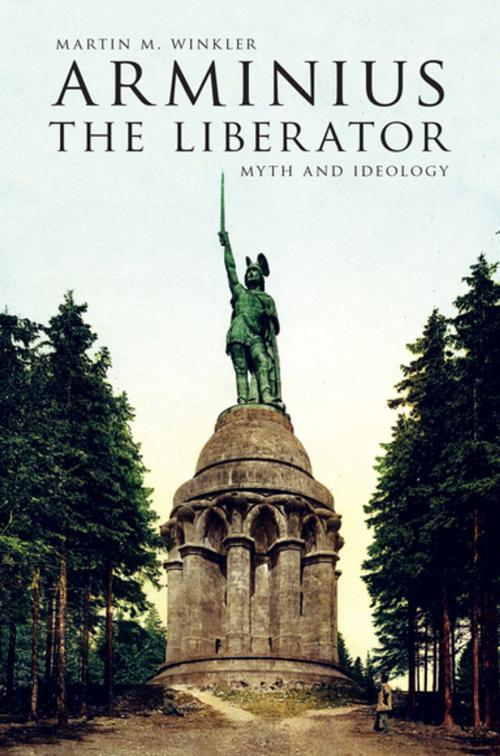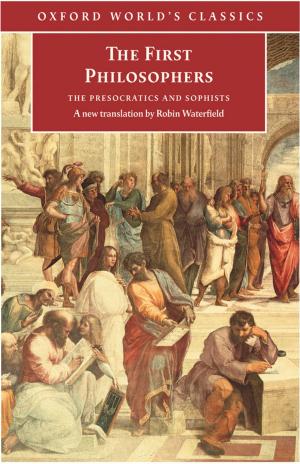Arminius the Liberator
Myth and Ideology
Nonfiction, History, Ancient History, Rome, Art & Architecture, Art History, Germany| Author: | Martin M. Winkler | ISBN: | 9780190493523 |
| Publisher: | Oxford University Press | Publication: | November 3, 2015 |
| Imprint: | Oxford University Press | Language: | English |
| Author: | Martin M. Winkler |
| ISBN: | 9780190493523 |
| Publisher: | Oxford University Press |
| Publication: | November 3, 2015 |
| Imprint: | Oxford University Press |
| Language: | English |
Arminius the Liberator deals with the complex modern reception of Arminius the Cheruscan, commonly called Hermann. Arminius inflicted one of their most devastating defeats on the Romans in the year 9 A.D. by annihilating three legions under the command of Quintilius Varus in the Battle of the Teutoburg Forest, as it is generally if inaccurately called. This book traces the origin of the Arminius myth in antiquity and its political, artistic, and popular developments since the nineteenth century. The book's central themes are the nationalist use and abuse of history and historical myth in Germany, especially during the Weimar Republic and National Socialism, the reactions to a discredited ideology involving Arminius in post-war Europe, and revivals of his myth in the United States. Special emphasis is on the representation of Arminius in visual media since the 1960s: from painting and theater to cinema, television, and computer animation.
Arminius the Liberator deals with the complex modern reception of Arminius the Cheruscan, commonly called Hermann. Arminius inflicted one of their most devastating defeats on the Romans in the year 9 A.D. by annihilating three legions under the command of Quintilius Varus in the Battle of the Teutoburg Forest, as it is generally if inaccurately called. This book traces the origin of the Arminius myth in antiquity and its political, artistic, and popular developments since the nineteenth century. The book's central themes are the nationalist use and abuse of history and historical myth in Germany, especially during the Weimar Republic and National Socialism, the reactions to a discredited ideology involving Arminius in post-war Europe, and revivals of his myth in the United States. Special emphasis is on the representation of Arminius in visual media since the 1960s: from painting and theater to cinema, television, and computer animation.















